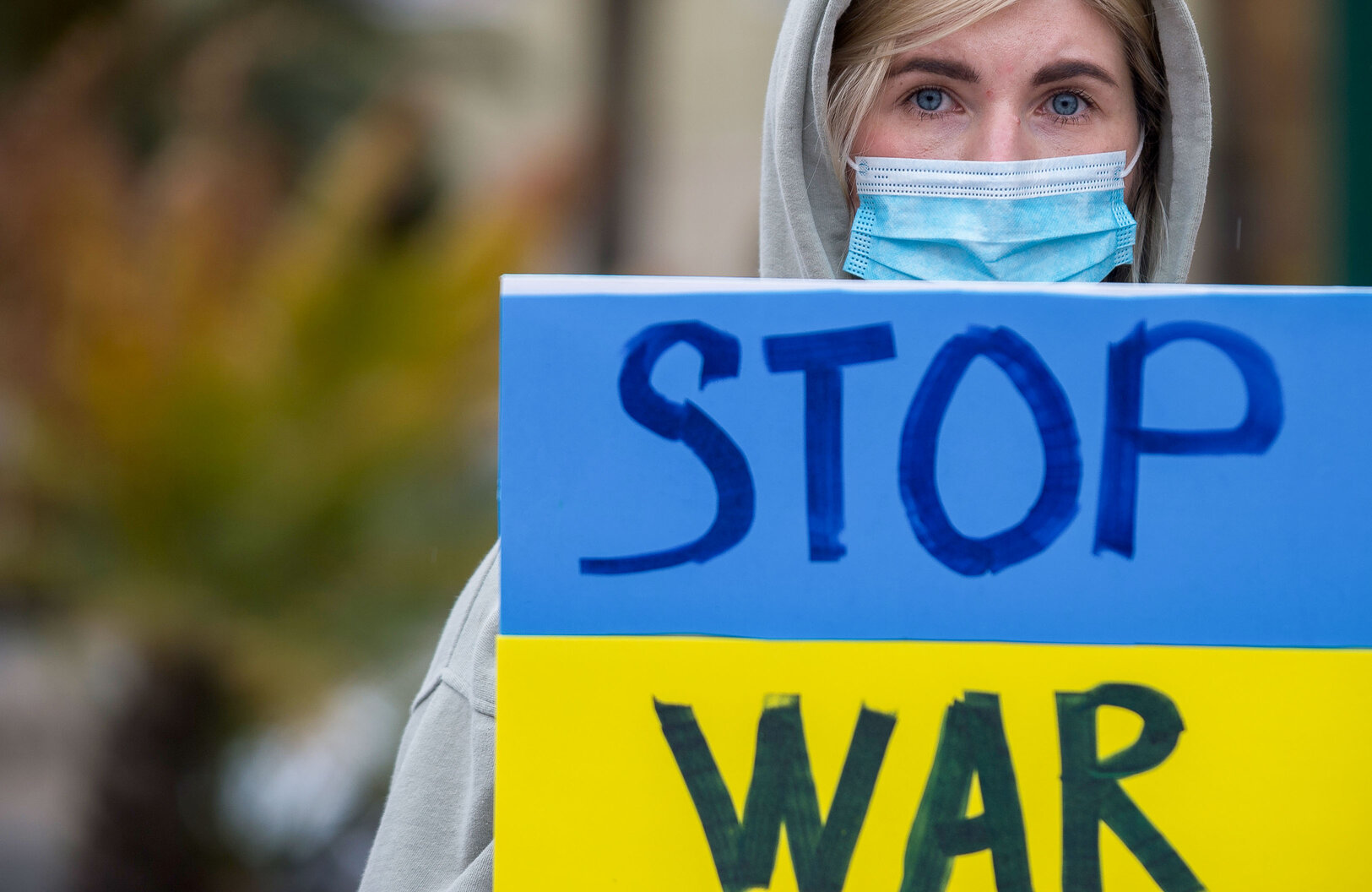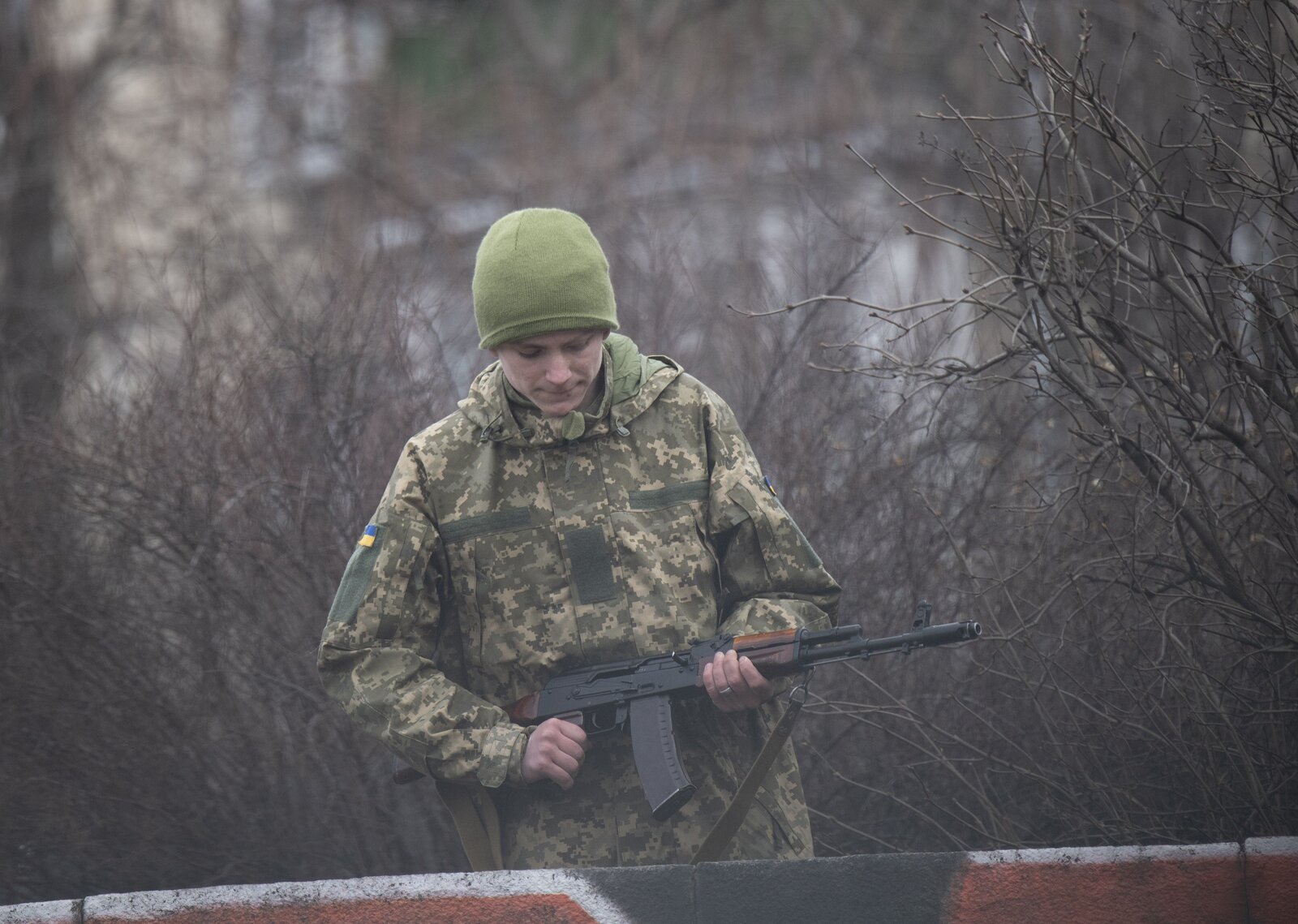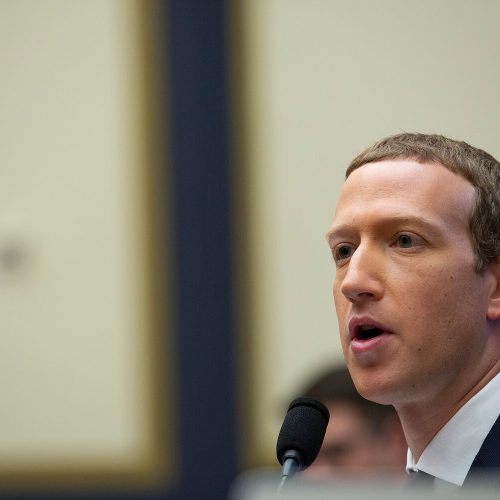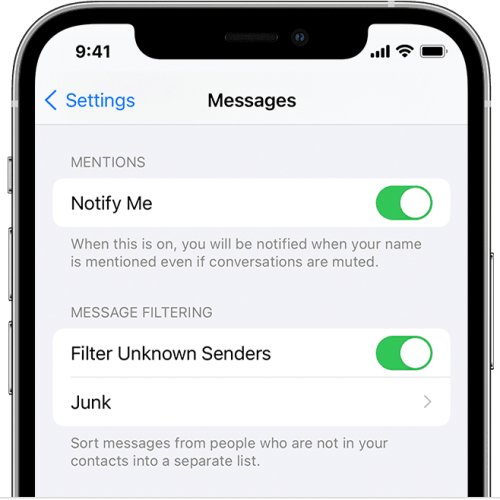Meta made a big change to the Facebook and Instagram hate speech policies to allow users to express violent thoughts targeting the Russian forces that invaded Ukraine. Facebook and Instagram users in various countries around Eastern Europe can pen posts calling for violence against the soldiers who fight for the invading force.
They can also call for the death of Russian President Vladimir Putin and Belarusian President Alexander Lukashenko.
Russia is having none of it. It’s urging Washington to stop the actions of “extremist” Meta, the parent company that owns Facebook and Instagram.
What happens when you report hate speed to Facebook?
Even in times of peace, Facebook is the home of toxic content of all varieties. Russia is no stranger to using the social network in its online campaigns intended to destabilize countries and influence elections.
Not all toxic content constitutes hate speech, although the company has teams in place that attempt to police it.
Facebook and Instagram users can report hate speech on the platform. This will trigger a review from Facebook employees to check whether the allegedly offending content violates its Community Standards.
That’s likely the reason why Facebook is making these hate speech policy changes in specific countries, where the chatter about the Russia-Ukraine war is increasing. The entire conflict is streaming online, and that can generate hateful remarks, including calls for violence against the Russian military and Putin.
The hate speech policy change in countries near the invasion happened recently. Reuters reported on Thursday that it saw internal emails highlighting the temporary change to the hate speech policy.

What you can and can’t say about the Russian invasion
Meta confirmed the Facebook hate speech policy changes related to the war. The company made it clear that not all kinds of posts that promote violence against the Russians will remain on the platform.
“As a result of the Russian invasion of Ukraine, we have temporarily made allowances for forms of political expression that would normally violate our rules like violent speech such as ‘death to the Russian invaders.’ We still won’t allow credible calls for violence against Russian civilians,” a Meta spokesperson said in a statement.
The email also highlighted some exceptions from what Facebook and Instagram users can say in posts.
“We are issuing a spirit-of-the-policy allowance to allow T1 violent speech that would otherwise be removed under the Hate Speech policy when: (a) targeting Russian soldiers, EXCEPT prisoners of war, or (b) targeting Russians where it’s clear that the context is the Russian invasion of Ukraine (e.g., content mentions the invasion, self-defense, etc.),” the email said.
“We are doing this because we have observed that in this specific context, ‘Russian soldiers’ is being used as a proxy for the Russian military. The Hate Speech policy continues to prohibit attacks on Russians,” the police update read.
Similarly, calls for the deaths of Putin or Lukashenko will stay on Facebook. That is, unless they contain other targets, or have two indicators of credibility. Location or method are among those indicators, according to the internal email that Reuters saw.
The temporary Facebook and Instagram hate speech policy changes concern various countries. Here’s the full list: Armenia, Azerbaijan, Estonia, Georgia, Hungary, Latvia, Lithuania, Poland, Romania, Russia, Slovakia, and Ukraine.

Russia doesn’t appreciate the calls for violence
Russia’s embassy in the United States demanded on Friday that Washington stop the “extremist activities” of Meta.
“Meta’s aggressive and criminal policy leading to incitement of hatred and hostility towards Russians is outrageous,” the Russian embassy said in a statement. “The company’s actions are yet another evidence of the information war without rules declared on our country.”
Moreover, Russia called for the US to “stop the extremist activities of Meta and take measures to bring the perpetrators to justice.”
What Russia fails to see is that we’re not looking at a full-scale hate speech policy change from Facebook. This is a special policy change with a limited scope in some European countries.
Also, the protest statement comes from a country that denied earlier this week it invaded Ukraine. A country that doesn’t call the war in Ukraine a war. A country that passed a new fake news law a few days ago to reduce dissent at home.
Previously, Russia banned Facebook and Twitter in the country. The social networks spread news about the war in Ukraine that the local regulator disapproved of.
In addition to changing its hate speech policy for the war in Ukraine, Facebook has also taken additional measures related to the conflict. The company banned Russian state media after the invasion began. The intention was to stop Russian propaganda from spreading false narratives about the military operation.










